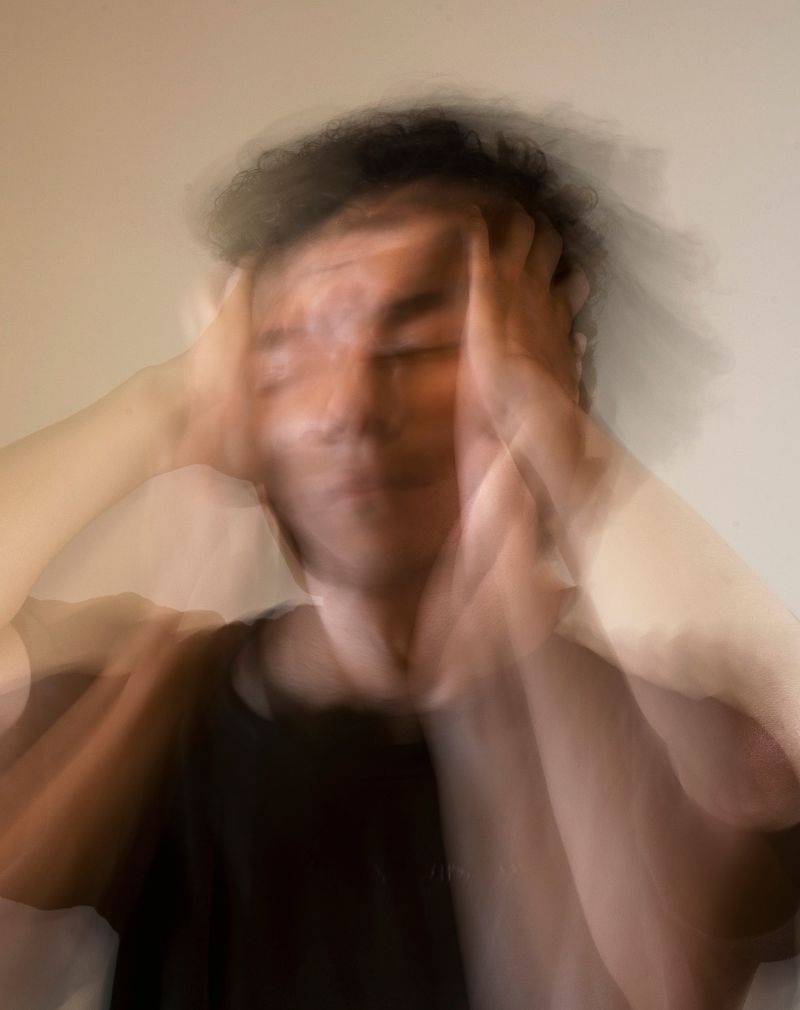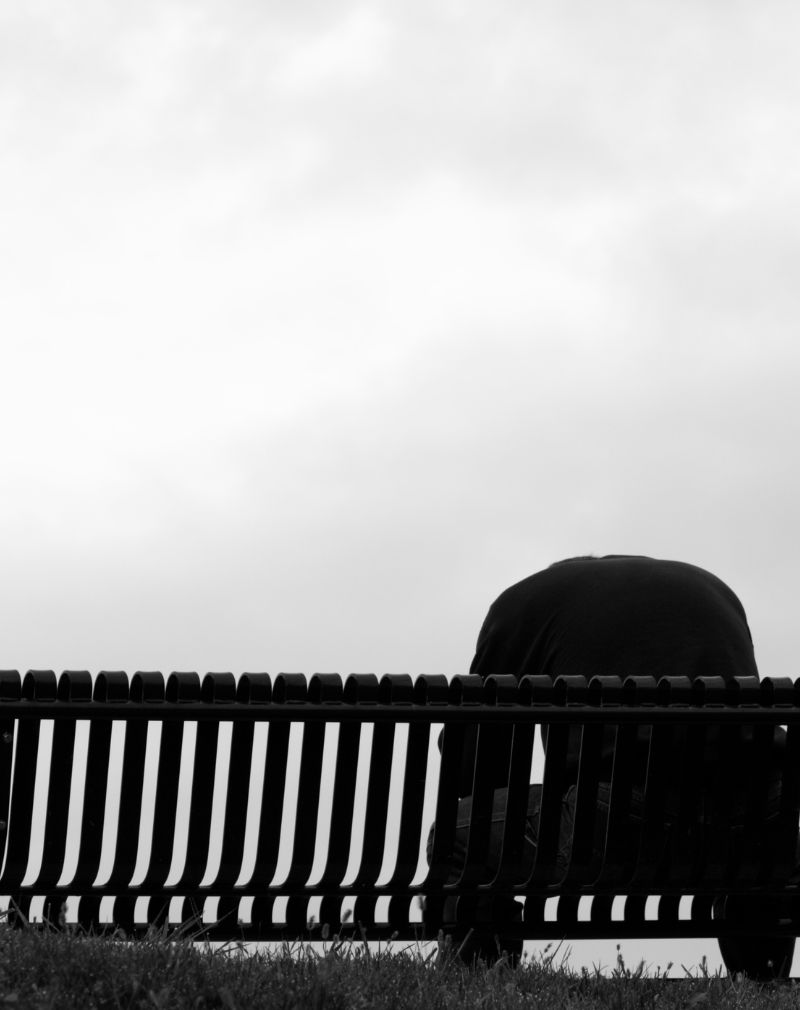Some people flinch when touched. Not because they’re shy. Because their body remembers what trust cost them.
According to recent global mental health data, over 60 percent of abuse survivors struggle with forming safe relationships, even years after the abuse has ended.
This isn’t about being guarded. It’s about survival.
At The American Wellness Center in Dubai Healthcare City, we help people rebuild what was broken. And it starts with something that sounds simple but isn’t learning to trust again.
This blog is for anyone who’s ever felt safest alone. We see you. And we’re going to walk through this, step by step.
The Psychology of Trust After Trauma
Trauma warps safety. It makes the ordinary dangerous. A hand reaching out, a partner leaning suddenly, it all feels like a threat.
When someone has been hurt deeply, trust stops feeling natural. It becomes a calculation. A risk. A gamble with high stakes.
Psychologically, trauma rewires how your brain reacts to closeness. Your survival system stays on. Always scanning. Always bracing.
Relearning trust is not a warm concept. It’s hard psychological work. But without it, healing stays out of reach. Because connection is the foundation for recovery. Without connection, nothing holds.
Now layer that with life in Dubai. You’re far from home. Support networks are scattered across time zones. And culturally, emotional openness isn’t always welcomed or understood. So you pull back. You isolate. You convince yourself it’s safer this way.
But safety and loneliness are not the same thing.
Core Challenges in Relearning Trust
Most survivors don’t fear people. They fear being hurt by people they once believed in.
This is what trauma leaves behind:
What it feels like on the inside:
- Your chest tightens when someone says “trust me”
- You hear “I care about you” and immediately think, “for how long?”
What your brain tells you, even when you wish it wouldn’t:
- “Everyone leaves”
- “I let my guard down once. Never again”
What it does to your relationships:
- You overshare, then shut down
- You push people away, then feel abandoned when they leave
- You want closeness, but can’t breathe when it shows up
Now add the Dubai lens.
An expat woman in her thirties told us this: “I go to brunches. I smile. But if I disappeared tomorrow, I don’t think anyone would notice.”
That’s not drama. That’s disconnection.
The Role of Community & Professional Support
Healing doesn’t happen in a vacuum. You can journal, meditate, go on solo walks—but at some point, you’ll need people.
That includes professionals who know what trauma looks like behind polite smiles. People who’ve sat with stories like yours and didn’t flinch.
This is where therapy becomes more than talking. It becomes witnessing. It becomes practice. It becomes a place to test trust again, one moment at a time.
And it’s not just one-on-one. Group therapy matters too. So does peer support. Community gives you mirrors—people who get it without long explanations.
At The American Wellness Center in Dubai Healthcare City, our Psychology Department supports this entire process. Whether you’re an expat, a long-time Dubai resident, or somewhere in between, we meet you with care that understands your world.
Dubai Lens: Local Realities & Resources
Let’s be honest. In Dubai, silence often wears a suit. Emotions stay hidden under routines, careers, family expectations.
Many don’t seek help because they fear being judged. Or misunderstood. Or labeled.
That fear is valid. But it shouldn’t decide your future.
At AWC, we get this. Our psychologists are trained not just in trauma therapy—but in cultural nuance. We offer therapy in English and Arabic. Sessions are private, discreet, and flexible. We work around work hours. Around stigma. Around what scares you most.
No one here rushes your story. We just make space for it.
What This Journey Really Takes
Rebuilding trust is not quick. It’s not clean. Some days, you’ll move forward. Some days, you’ll freeze. That’s part of it.
But here’s what we’ve seen: with the right support, most people don’t just recover. They rebuild stronger.
What does it take?
- The willingness to show up, even afraid
- The courage to speak, even quietly
- The patience to stay, even when it hurts
You don’t need to trust everyone. You just need to believe that safe people exist again.
Your Next Step: Quiet, But Brave
You’ve made it this far. That says something.
If part of you is tired of being in survival mode, reach out. The American Wellness Center in Dubai Healthcare City is not here to fix you. We’re here to walk with you.
Book your first session. Or just ask a question. Either way, you’re not alone anymore.
Trust can be relearned. One conversation at a time.



